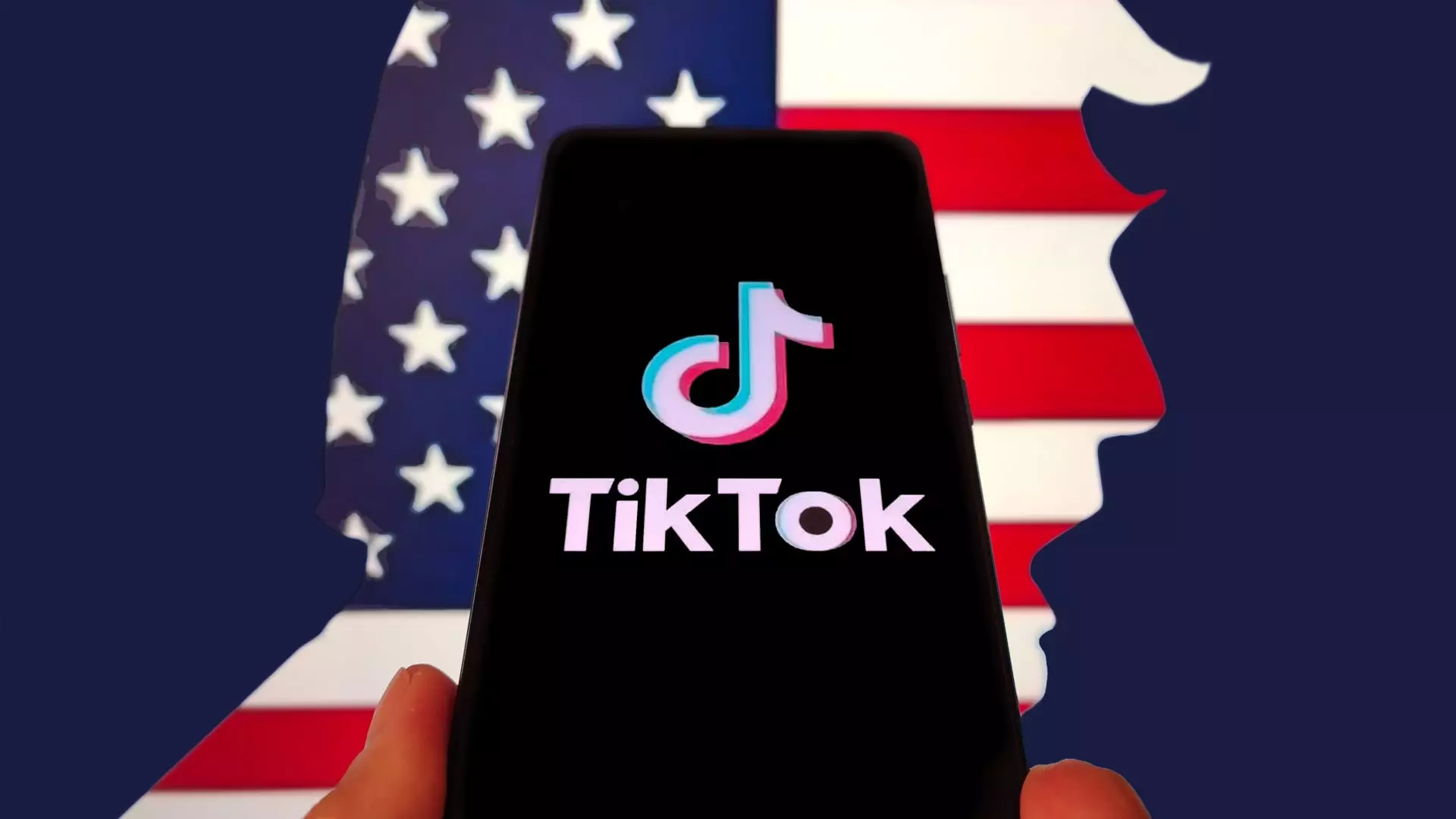In an intriguing twist of political and corporate maneuvering, Apple’s decision to keep ByteDance’s TikTok on its App Store for at least 75 more days highlights the precarious relationship between technology, government regulation, and national security. The saga hinges on an executive order signed by President Donald Trump, extending the ultimatum for TikTok to either find a buyer in the U.S. or face a ban. This situation raises questions about the delicate balance between free enterprise and government intervention, especially given the heightened fears surrounding data privacy and national security.
The Role of Apple and Political Assurance
Apple’s willingness to comply with the government’s demands shows the tech giant’s precarious position; it is not merely a free market player but a participant in a highly charged political landscape. Attorney General Pam Bondi’s assurances to Apple — that it would not face repercussions for keeping TikTok available — technically safeguards Apple’s interests while also maintaining the app’s presence in the U.S. market. This turns the app store into more than just a storefront; it becomes a battleground where governmental and corporate interests collide. The spotlight here is on the influence of policy over technological progression, revealing the uncomfortable truth that political maneuvering can dictate the fate of popular platforms.
A Dangerous Precedent
The implications of this ongoing saga extend far beyond TikTok itself. By allowing the extension of the ban deadline and creating situations where companies must obtain governmental clearance to operate, we risk setting a dangerous precedent. The intersection of technology and geopolitics poses threats not only to the companies involved but also to the consumers who depend on them. The reality is that choices concerning the availability of an app like TikTok are largely driven by political agendas, with little regard for user preferences. Are consumers being priced out of their favorite platforms due to rising nationalism and security paranoia? This scenario raises critical questions about our digital futures.
The Impact of Tariffs and Trade Relations
Compounded by a backdrop of escalating tariffs—54% on Chinese imports announced by Trump—this conflict exemplifies the broader implications of U.S.-China relations. The ongoing trade war entrenches divisions and fosters an environment where economic interests are caught in the crossfire of geopolitical rivalry. Trump’s readiness to adjust tariffs to facilitate an agreement with ByteDance puts Apple, a prominent American corporation, in a particularly challenging position, attempting to navigate the maze created by a government willing to leverage economic power in negotiations.
Free Market Values Versus National Security
In a world increasingly dominated by big tech and social media, preserving a robust free market is vital. Yet, it’s clear that national security concerns must not be brushed aside. However, the manner in which these issues are addressed should be critically examined. The approach of using bans and coercive tactics rather than fostering collaboration and innovation should raise alarms among advocates of both free-market principles and personal freedoms. The challenge lies in finding a middle ground where the integrity of our national security does not undermine the foundational tenets of a free market and an open, connected world. As we look forward, the complexity of these interdependencies will only increase, urging us to examine the consequences of our choices with a critical eye.

